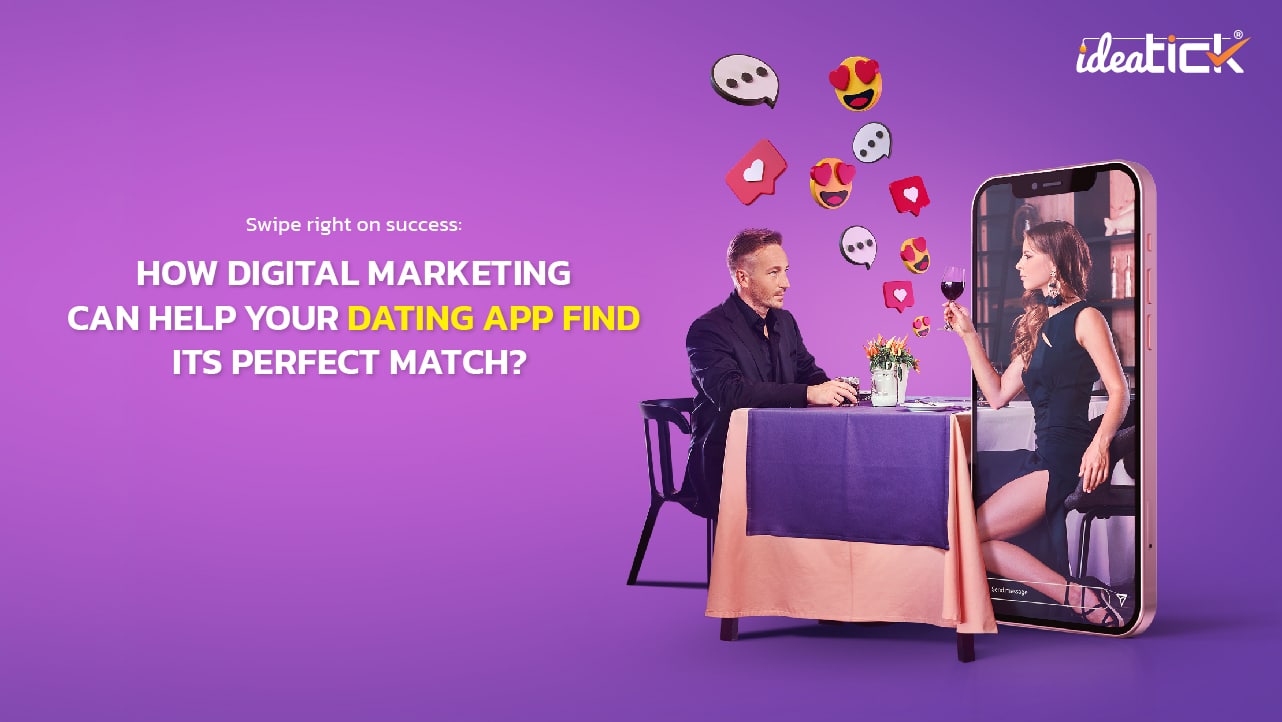
Dating apps have revolutionized the way people connect, find love, and engage in relationships. In the past, romantic encounters were typically limited to one’s social sectors, chance meetings, or being introduced by friends and family. However, with the advent of dating apps, the dating landscape has underwent a dramatic transformation. These platforms leverage technology to provide users with an extensive pool of potential matches that they might not encounter in their daily lives. This new approach to dating has allowed for more speed dating and expanded opportunities, giving people the ability to find partners who share similar interests, values, or lifestyles.
The convenience of dating apps is one of their most robust appeals. They enable users looking for connections on their terms, at any time, and from anywhere. Unlike traditional dating methods, where it can be challenging to meet someone with common interests, dating apps reduces costs of the process by using algorithms that match users based on preferences like age, location, interests, and relationship goals. The swiping feature popularized by many apps in addition has made initial connections simple and engaging, allowing users to quickly express interest or move on without awkwardness. The gamified area of swiping has made finding a partner feel like a fun and interactive experience, attracting millions of users worldwide.
However, while the benefits of dating apps are undeniable, they have also introduced new challenges. One of the most frequently discussed issues is the phenomenon of “choice excess. inch With so many options available, some users battle to agree to just one person, leading to a paradox where more choices result in less satisfaction. This case can foster a “grass is greener” thinking, where users are always on the lookout for someone better, even when they’ve found a potentially compatible match. The easy browsing through numerous profiles can also contribute to a shallow approach to dating, where physical aspect often becomes the primary aspect in deciding whether to swipe right or left.
Moreover, dating apps have impacted traditional dating norms, with many users now viewing online dating as a standard and essential the main social landscape. This normalization has created a shift in how relationships are formed and maintained, with many people using these platforms to determine everything from casual encounters to long-term responsibilities. Some apps serve specifically to different dating needs, such as hookups, friendships, or serious relationships, so that it is easier for users to find someone looking for the same type of connection. Consequently, the once stigmatized reasoning behind online dating has become mainstream, reshaping how society feels romantic relationships.
Safety and privacy concerns are important topics in the world of dating apps. While these platforms make meeting new people easier, they also pose risks, including catfishing, pestering, and data privacy breaches. Many users have noticed uncomfortable or even dangerous situations after getting together with someone they met via a dating iphone app. To mitigate these risks, many platforms have implemented confirmation processes, canceling features, and AI-driven moderation to detect and remove problematic behavior. However, users must still practice caution and follow safety guidelines to protect themselves when meeting someone for the first time.
The impact of dating apps expands beyond individual users; it also influences cultural trends. For example, the prevalence of dating apps has led to new slang and behaviors, such as “ghosting” (suddenly ending communication without explanation) and “breadcrumbing” (sending erratic messages to keep someone interested without committing). These behaviors have become the main modern dating lexicon, reflecting how the character of dating have evolved in the digital age. Additionally, the focus on instant gratification in online dating has affected people’s expectations in relationships, sometimes leading to . anxiety or unrealistic standards.
For many, dating apps have likewise be a means of personal empowerment. They offer users the freedom to date outside of their geographic location or social circle, providing an awareness of agency over their romantic lives. For those who may be introverted, bashful, or have busy schedules, dating apps present an important chance to meet potential partners without the pressure of face-to-face connections right away. Furthermore, these platforms have fostered greater inclusivity by catering to diverse demographics, such as LGBTQ+ communities, which can find it challenging to meet compatible partners in traditional settings.
The role of artificial brains (AI) and machine learning in dating apps has exploded significantly. These technologies are used to improve dating algorithms, providing more accurate recommendations based on users’ behaviors, preferences, and connections. Some apps are even incorporating AI-powered chatbots to facilitate talks between matches, helping users break the ice and keep the conversation flowing. As AI continues to advance, dating apps could become even more adept at guessing compatibility and assisting meaningful connections, making the search for love extremely effective than in the past.
However, the long-term effects of dating apps on relationships and society remain a subject of debate. While some claim that these platforms contribute to a culture of throw away dating, others see them as a natural development of social interaction in an increasingly digital world. The question of whether online dating promotes genuine connections or simply serves as a tool for shallow encounters is complex and complex. As dating apps continue to grow in popularity, their influence on what people view love, commitment, and relationships will definitely shape the future of human connection.
In conclusion, dating apps have transformed the dating landscape by offering freakish convenience and access to a bigger choice of potential partners. Despite their challenges, including choice excess, safety concerns, and cultural impacts, they remain a powerful tool for modern romance. The future of dating apps lies in balancing technological advancements with a commitment to encouraging meaningful connections, ensuring that users can continue to find love in a manner that aligns with their needs and values.